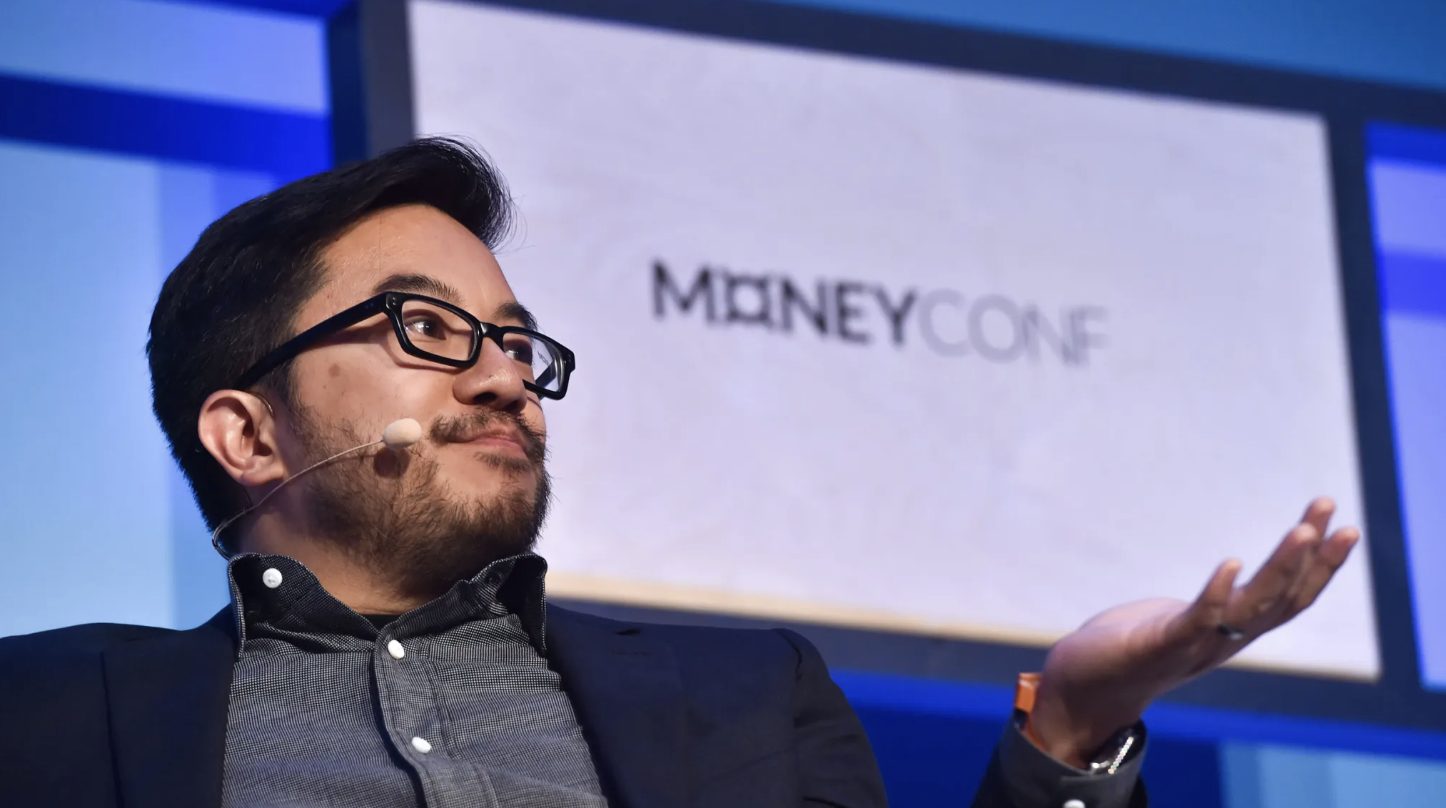Garry Tan, the influential president and CEO of the startup incubator Y Combinator, recently addressed an audience at The Economic Club of Washington, D.C., emphasizing the need for regulatory frameworks in the rapidly evolving field of artificial intelligence (AI). Tan’s comments come at a critical juncture as AI technologies continue to permeate various aspects of societal and economic activities.
The Argument for Regulation
During a detailed interview with Teresa Carlson, a board member at General Catalyst, Tan shared his views on a multitude of topics, from entry paths into Y Combinator to the broader implications of AI developments. He highlighted the unprecedented opportunities currently available in the technology sector, stating, “There is no better time to be working in technology than right now.”
Tan voiced his support for the efforts by the National Institute of Standards and Technology (NIST) to create a risk mitigation framework for generative AI (GenAI). He believes that the Executive Order (EO) by the Biden Administration aligns well with necessary steps towards responsible AI deployment. The NIST’s framework includes several important guidelines:
- Compliance with Existing Laws: GenAI must adhere to laws governing data privacy and copyright.
- Disclosure Requirements: Companies must inform end users about their use of GenAI technologies.
- Prohibitions on Harmful Content: Regulations should prevent GenAI from generating or distributing harmful materials such as child sexual abuse content.
Further, President Biden’s executive order mandates AI companies to share safety data with governmental bodies and ensures that small developers have equitable access to the technology market.
Concerns Over State Legislation
Despite his general support for federal efforts, Tan expressed concerns about AI-related bills progressing through state legislatures, particularly in California and San Francisco. One controversial bill, introduced by California State Senator Scott Wiener, could potentially allow the state attorney general to sue AI companies if their products cause harm. This bill, among others, has stirred significant debate within the tech community regarding its implications on innovation and business operations.
Key Regulatory Proposals Discussed by Garry Tan
| Regulation Aspect | Description | Potential Impact |
|---|---|---|
| NIST Framework | Guidelines for risk mitigation in GenAI applications | Enhances safety and compliance standards |
| Biden’s Executive Order | Comprehensive directives for AI deployment and oversight | Aims for balanced growth and safety |
| California Legislative Bills | Potential legal actions against harmful AI products | Raises concerns about innovation stifling |
The Balance Between Innovation and Control
Tan highlighted the delicate balance that needs to be maintained between fostering technological innovation and mitigating potential harms. He cited UK AI expert Ian Hogarth’s approach, which is thoughtful about maintaining a balance between limiting the concentration of power within the AI sector and encouraging innovative progress. Hogarth, a former YC entrepreneur, is part of an AI model taskforce in the UK, working towards viable policy solutions.
Y Combinator’s Ethical Stance
Tan shared insights into Y Combinator’s internal decision-making processes regarding AI startups. He emphasized that the incubator only funds startups that align with positive societal impacts. “If we don’t agree with a startup’s mission or its potential effects on society, YC just doesn’t fund it,” Tan explained. This cautious approach has led them to avoid backing several companies after reviewing their potential implications through media reports and internal evaluations.
AI Industry Challenges and the Future Landscape
The discussion also touched upon recent industry controversies, including high-profile issues at OpenAI and Meta. These instances have sparked a broader debate on the ethical responsibilities of AI firms and the transparency required in their operations.
- OpenAI’s Responsibility Team: Recently, it was reported that OpenAI might be scaling back its AI responsibility team, raising questions about the commitment to ethical AI development.
- Voice Mimicry Issues: OpenAI faced criticism for using a voice resembling actress Scarlett Johansson’s in demos, without her consent, leading to further scrutiny of its practices.
- Meta’s AI Advisory Council Composition: Meta’s decision to form an AI advisory council predominantly comprising white men has also drawn criticism for not reflecting diversity.
The Vision for AI’s Future
Looking ahead, Tan is optimistic about the potential for AI to enable a diverse range of consumer choices and empower founders. He envisages a future where AI does not lead to monopolistic practices but instead fosters a vibrant landscape of varied solutions accessible to billions globally.
In conclusion, while Tan acknowledges the potential dangers of AI, his primary concern remains the risk of a monopolistic concentration of power within the industry, which could lead to restrictive practices detrimental to innovation and consumer choice. His vision for AI emphasizes both caution and enthusiasm, aiming for a future where technology serves humanity broadly and equitably.







Leave a Reply